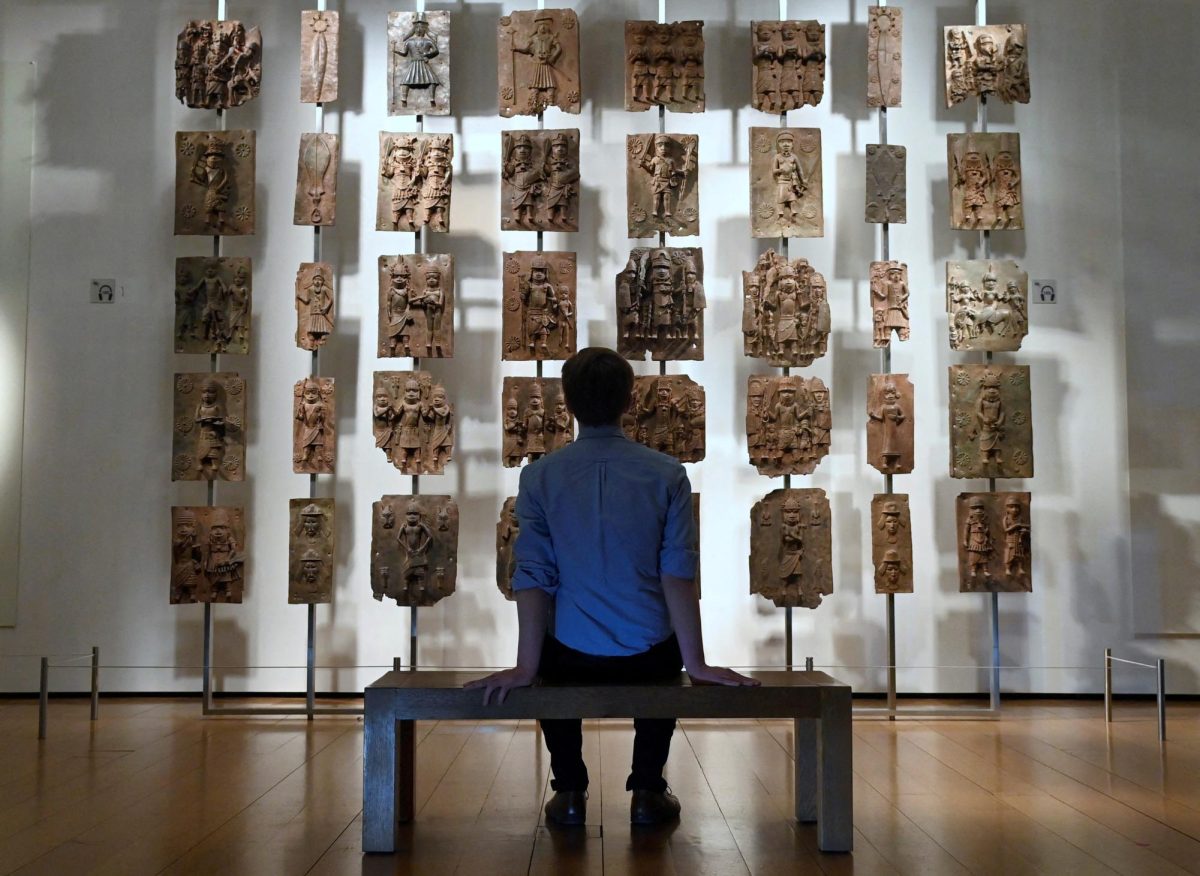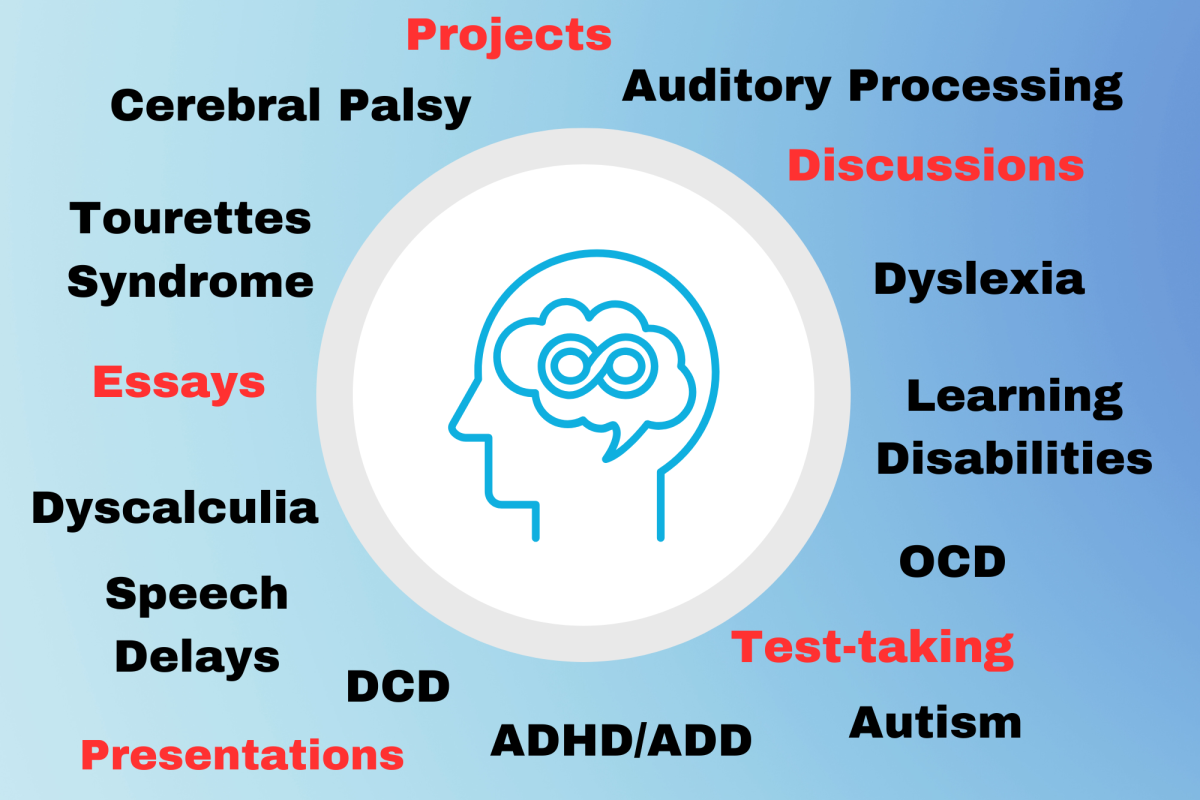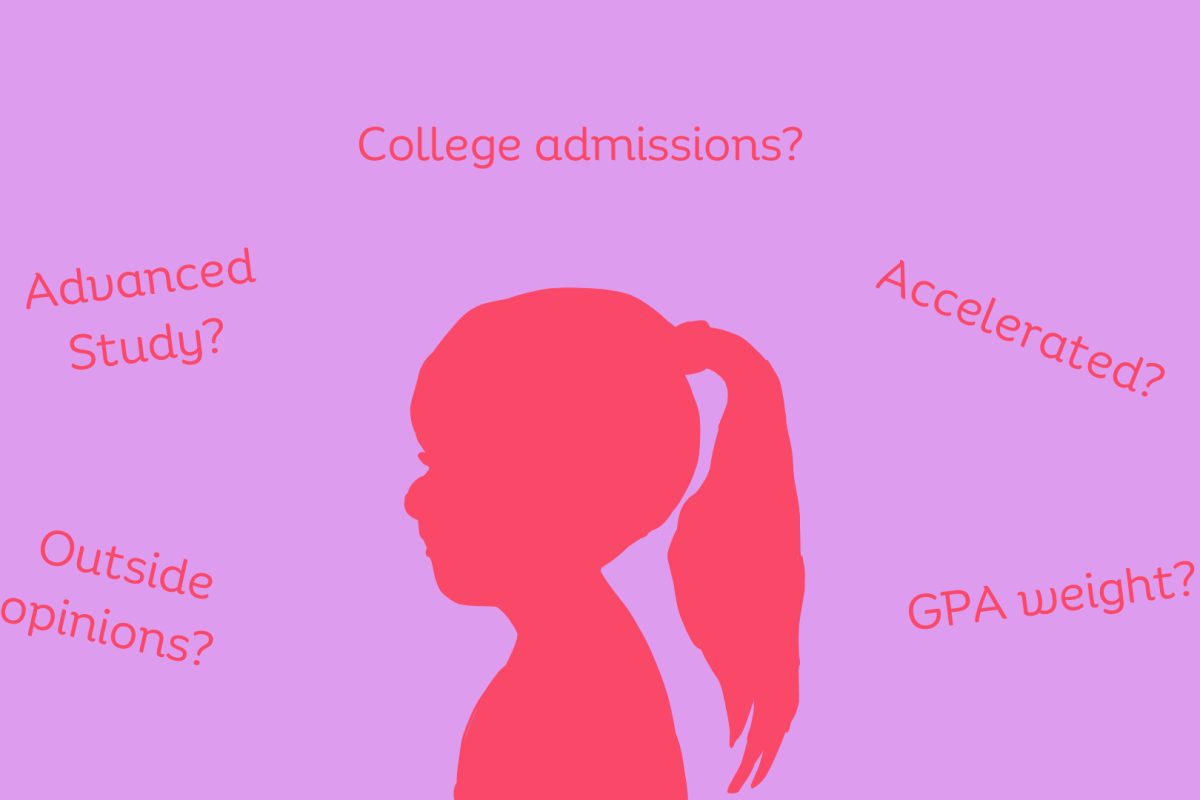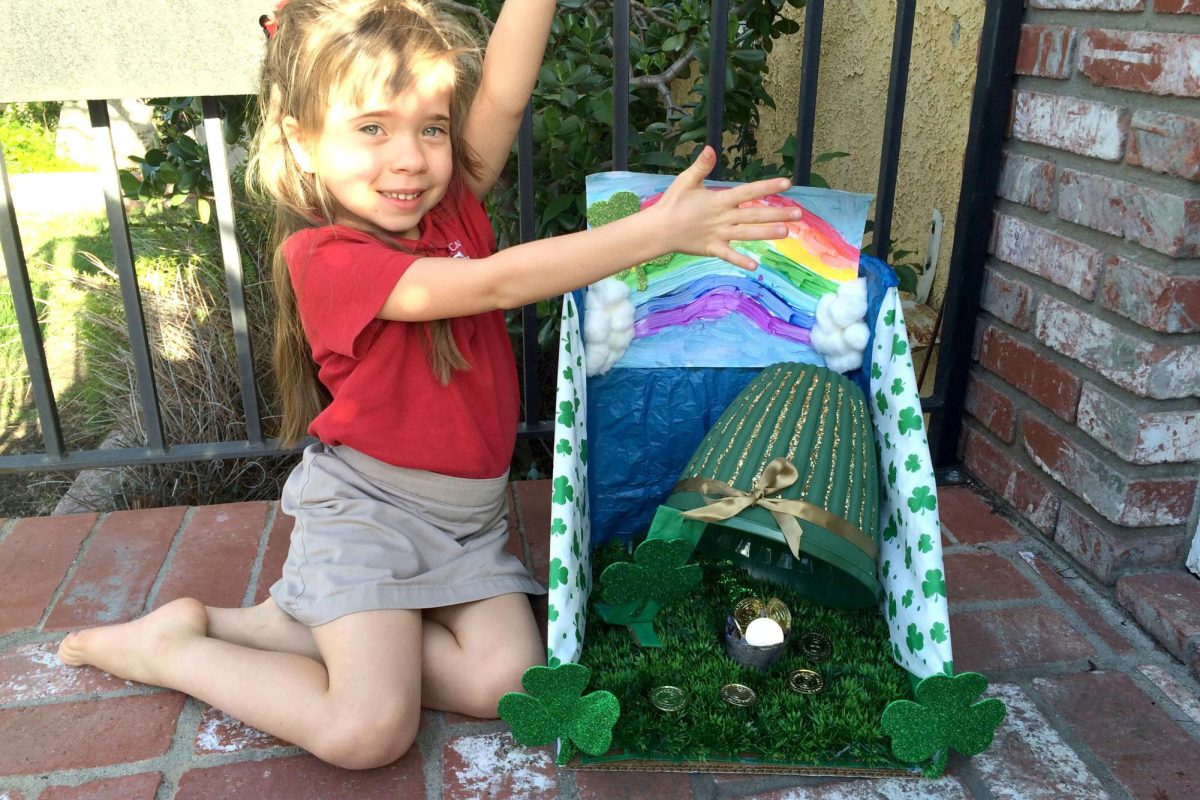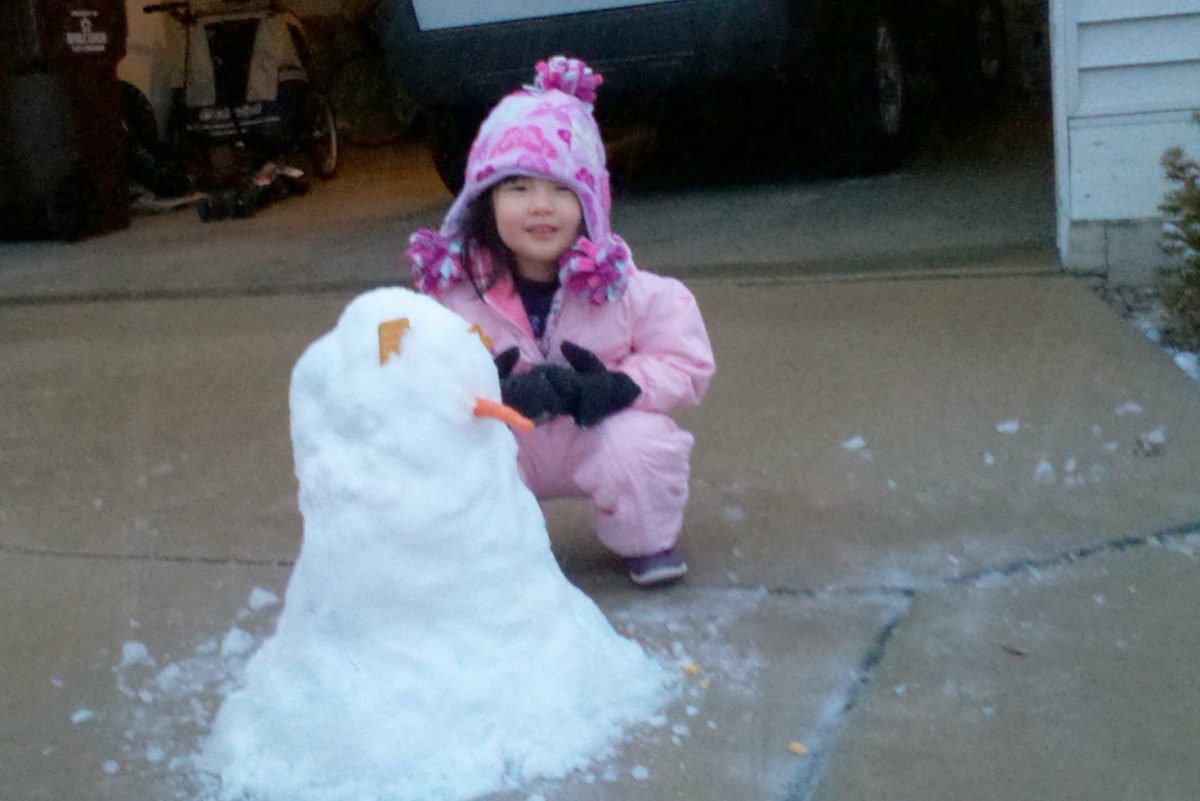You may have heard about the recent Hulu documentary “Devil in the Family: The Fall of Ruby Franke.” No? Maybe you’ve seen a couple of videos by the “Labrant Fam”? Still no? Maybe “Piper Rockelle‘s” prank and challenge videos will ring a bell.
All of these people are popular YouTube family channels, or kidfluencers, who have a strong online presence. Though some are more controversial than others, these parents all exploit their children on the internet for money, praise and attention.
Mother Ruby Franke started “8 Passengers” in 2015 to broadcast the life of her Utah-based, Mormon family of eight. Out of the numerous YouTube family channels, this one is the most controversial and severe case of risking children’s future and safety. In their video “What we haven’t told you,” Franke admits to taking her eldest son’s bedroom away for seven months and forcing him to sleep on a beanbag because he pranked his brother.
Franke was so driven by praise that she used her children’s online presence to showcase her “successful” parenting style; her constant need for perfection is a key part of what destroyed her. After much investigation, Franke was charged with six cases of aggravated child abuse and sentenced to 30 years in prison. Because of this, YouTube has banned her channel, and the youngest children will not be posted on social media again, according to the eldest siblings, Shari and Chad.
Another popular YouTube family channel called the “Labrant Fam” was started by father Cole Labrant in 2012 and later joined by his wife, Savannah, and stepdaughter, Everleigh. Like most family channels, the Labrant Fam started with fun, inclusive videos including, “Taylor Swift Family Sing Off!” and “Family Baking Prank War.” However, as the couple had four more children, followers began raising concerns about Cole and Savannah ignoring Everleigh and taking her out of school to help with the kids. At the end their video “We had to have a serious talk with Everleigh…” about the adjustment of adding another sibling to the family, Everleigh is seen crying.
I doubt Cole or Savanah asked permission to record Everleigh in this vulnerable position, but even if they did, a 5-year-old does not understand where this video will go, how many people will see it or how it could be brought up later in life. If all of your personal family videos were made public for millions of people to view, how would you feel?
Piper Rockelle is a popular child influencer with 12 million subscribers on YouTube alone. Rockelle started the channel in 2016 at only 9 years old, and she gained attention in 2020 when she introduced “The Squad,” her group of friends that made silly videos together. However, their videos quickly turned from fun to sexual, with alarming titles like “Last to Stop KISSING BOYFRIEND Wins $10,000 **COUPLES Challenge**
According to the trailer of “Bad Influence: The Dark Side of Kidfluencing,” a documentary coming out in April about Rockelle, Rockelle’s mother was behind the whole show, encouraging her inappropriate behavior. A tricky thing about the internet is that no matter your intended audience, there are no guidelines restricting anybody of any age from watching. Posting internet content means making a conscious decision to allow everybody to watch your young children, and there is never a guarantee that only kids will be watching these videos.
California bill SB 764 was enacted in 2024 to “require the vlogger to set aside gross earnings on the content in a trust account to be preserved for the benefit of the minor, as specified.” This bill ensures that any content creator making money on filming their minor must also set aside part of the income for them to access. Knowing profits must be shared with your child might make money less of a motivator.
There is one common theme throughout this range of channels: money. According to UC Berkeley’s Greater Good Magazine, the wealthier a person is, the less empathy they have. This is very visible in the channels above — the videos and behavior start out innocent and healthy, but the more money and views gained, the less empathy parents have towards their kids and boundaries for when to stop exploiting them.
The outcomes of these channels can get dangerous and abusive, as they did for “8 passengers.” All of the views, clout and money that the internet offers can easily brainwash people, including parents, into believing what they are doing is justified. Fortunately, more of these evil people are being exposed and punished, hopefully letting their children grow up to live a somewhat normal life.
This abuse and exploitation could happen to any regular parent with a social media presence. The more popular these family YouTube channels get, the more we lose track of our moral compass. Believe it or not, your 13-year-old will not be happy about the video you posted in 2016 of her in a bikini if kids are making fun of her at school.




